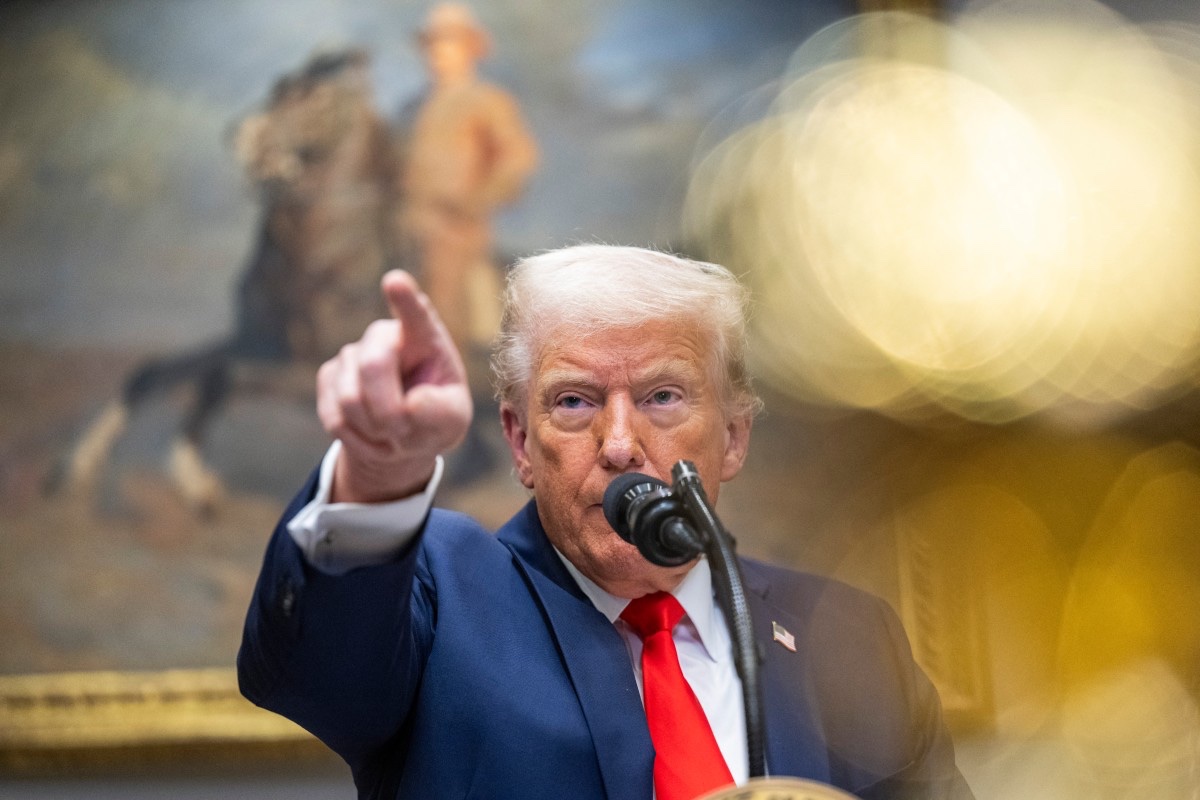
“Time to Speak or Forever Hold the Evidence?” — Deji Adeyanju Presses Natasha Akpoti on Allegations Against Akpabio Amid Senate Suspension Drama

In a political scene already riddled with tension and distrust, a fresh wave of controversy has surged through Nigeria’s Senate, and now, the stakes appear to be climbing even higher. Activist and human rights lawyer Deji Adeyanju has ignited public debate yet again, calling on Senator Natasha Akpoti-Uduaghan to finally make good on her past claims to release damning evidence of harassment allegedly perpetrated by Senate President Godswill Akpabio.
The lawyer, known for his bold commentary on national issues, made the demand on social media following the recent high-stakes Senate drama that saw Natasha Akpoti suspended and forcefully denied entry into the National Assembly complex. Videos showing her being turned away by security personnel circulated rapidly, sparking widespread backlash and questions about due process, freedom of expression, and the treatment of female lawmakers in Nigeria’s male-dominated political sphere.
“Should this not be the appropriate time to release the sexual harassment evidence against Akpabio or what is she still waiting for?” Adeyanju asked on X (formerly Twitter). “I think she said she would release the evidence at the appropriate time. When will the appropriate time be?”
The question hit a nerve — not just because of its political implications but also because it echoes what many Nigerians have been silently asking since Senator Akpoti first made veiled insinuations about misconduct within the hallowed chambers of the Senate. At the time, she claimed to possess certain “receipts” and promised to reveal them at a moment deemed “appropriate.” But with her recent suspension under questionable circumstances and the doors of the Assembly literally shut in her face, Nigerians are wondering: if not now, then when?
The Senate, in defending its decision to bar her entry and uphold her suspension, claimed she had violated certain rules of conduct and made disparaging remarks about the institution. Critics, however, argue that her suspension is politically motivated and intended to silence a dissenting female voice that has increasingly become a thorn in the flesh of Senate leadership.
Senator Natasha Akpoti, who represents Kogi Central, is no stranger to political adversity. From her gubernatorial ambition to her fiery speeches on corruption, she has built a reputation for being outspoken — a rare quality in the often subdued environment of the National Assembly. Her supporters say this same quality has now made her a target, with powerful forces orchestrating efforts to clip her wings.
Meanwhile, the name Godswill Akpabio continues to appear at the center of this unfolding storm. Once a governor, now the Senate President, and a major player in Nigeria’s legislative politics, Akpabio has faced numerous allegations in the past, from financial impropriety to abuse of power. However, none of these accusations have ever been backed by tangible evidence or led to significant legal consequences. Akpoti’s alleged evidence — if it exists — could shift that balance.
The implication of sexual harassment against a sitting Senate President is no small matter. It touches on issues of morality, legality, and institutional credibility. Should such evidence surface, it could open the floodgates for further investigation and possibly public outrage that would be difficult for even Nigeria’s often-unmoved political class to ignore.
But critics of Akpoti are already raising questions of their own: why wait? Why the silence if the evidence is truly as explosive as she once hinted? In political timing, is there such a thing as “too late”? These are the very sentiments Adeyanju is now amplifying — not necessarily to discredit Akpoti, but to push her to either bring the truth to light or let it go entirely.
What complicates the matter is Nigeria’s complex political landscape, where whistleblowers are often punished more harshly than the perpetrators they expose. There’s the real danger that releasing such evidence might not only end Akpoti’s political career but also put her safety at risk. The system has shown time and again that it protects its own. From Diezani Alison-Madueke’s unresolved corruption cases to the endless legal gymnastics surrounding EFCC probes, Nigeria’s power elite have mastered the art of evasion.
Still, the public appetite for justice — or at least clarity — is growing. Civil society organizations, media outlets, and youth groups are already weighing in, urging Senator Akpoti to stop holding back. The prevailing view is that silence is no longer a strategy that serves the public interest. If there is evidence, it belongs not just to Natasha Akpoti but to the nation. If true, it’s not just her battle; it’s a fight against systemic rot.
So what comes next? Will Senator Natasha Akpoti step forward with the evidence and ignite what could be the most significant political scandal in recent memory? Or will this become yet another episode of Nigerian political theatre — one where everyone talks, no one acts, and the system simply moves on, untouched?
The coming days will tell. But what is certain for now is that the pressure is mounting. Natasha is at the center of a storm that won’t blow over anytime soon, and Deji Adeyanju’s public callout has turned up the heat. In a time when political accountability feels more mythical than real, the people want answers, not promises. And they’re no longer satisfied with whispers in closed corridors — they want the truth, loud and clear, in the court of public opinion.
If the so-called “appropriate time” is not now, then perhaps the question we should all be asking is: will there ever be one?


